Is it possible to set a symbol for conditional compilation by setting up properties in an Xcode project?
My aim is to to create a symbol that is available to all files, without having to use import/include, so that a set of common classes can have a special behavior in some projects. Like the following, but with my own symbols.
#if TARGET_IPHONE_SIMULATOR
...
#endif





